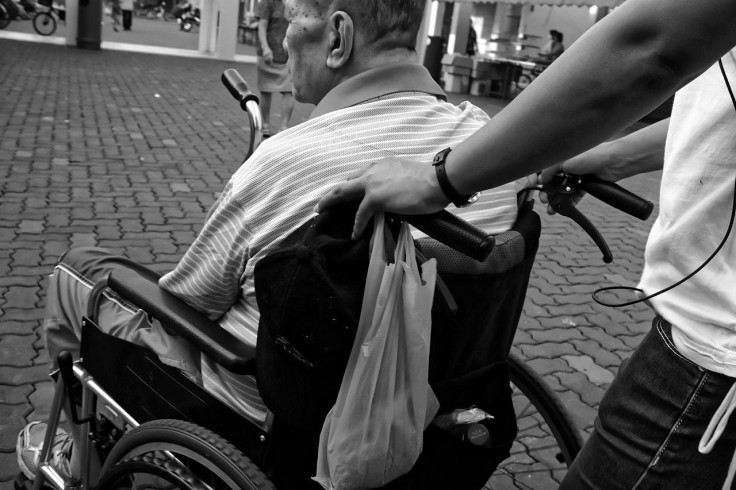Physician-Assisted Suicide Supported Across Ethnicities, But How Do Doctors Talk End Of Life With Cultural Sensitivity?

Physician-assisted death (PAD) has rocketed to the forefront of controversial medical news, with both staunch supporters and critics. With several laws allowing the practice either in the works or being passed — California’s End of Life Option Act takes effect today — researchers are continuing to examine who is most likely to support the process.
It’s well documented that those who identify as religious are less likely to approve of physician-assisted suicide, but information on the age and ethnicity of the procedure’s supporters has been less prevalent. Researchers at the Stanford University School of Medicine recently conducted a survey to help fill that gap.
Lead by Dr. VJ Periyakoil, a clinical associate professor of medicine, the team received 1,095 responses to their online survey of California and Hawaii residents. Overall, the majority of respondents supported physician-assisted death, regardless of ethnicity.
“The response was surprisingly positive,” Periyakoil said in a statement.
The study found that older people were more likely to support assisted suicide than younger ones and, predictably, the most religious and spiritual people were least supportive. Still, even among these strongly religious people, 52 percent said they had a positive view, something Periyakoil said was unexpected. Additionally, both genders and all racial groups were equally supportive.
The survey was simple, asking participants if they believed it was acceptable for a doctor to prescribe a life-ending medication at the request of a terminally ill patient.
“We wanted a broad question that didn’t specify what kind of medication, that didn’t say oral pills or self-administered, none of that,” Periyakoil explained.
Next, participants stated how religious they were by ranking how important their faith was to them on a scale of 1 to 4.
“The act of deliberately hastening death is not supported by most religions … thus it is not surprising that in our study participants who reported faith to be more important to them were least in support of PAD,” the study authors write. Though religious people still marginally favored PAD overall, Periyakoil said it’s still important to recognize cultural differences between different faiths and ethnicities.
Physicians need to prepare for end-of-life conversations, and part of that training should focus on cultural sensitivity, she said. The study shows patients of many different backgrounds may be interested in discussing PAD at some point, so physicians need to be ready for that. Being honest is a key part, Periyakoil said.
“Just be upfront,” she said. Tell patients, ‘Listen, this is a very hard topic for all of us.’ It takes a tremendous amount of courage on the patient’s part to ask these questions. How the doctor responds initially to the patient’s question is very important and will set the tone for the rest of the interaction about this sensitive issue.”
PAD is legal in Hawaii and, after long debate, California’s End of Life Option Act was signed into law last October.
“As California is a highly populous majority-minority state, we are soon going to learn how diverse racial and ethnic groups respond to legalizing physician-assisted death,” Periyakoil concluded. “In order to alleviate suffering for all seriously ill patients, it is extremely important that we also provide excellent palliative care early in the illness process.”
Source: Periyakoil V, Kraemer H, Neri E. Multi-Ethnic Attitudes Toward Physician-Assisted Death in California and Hawaii. Journal of Palliative Medicine. 2016.



























